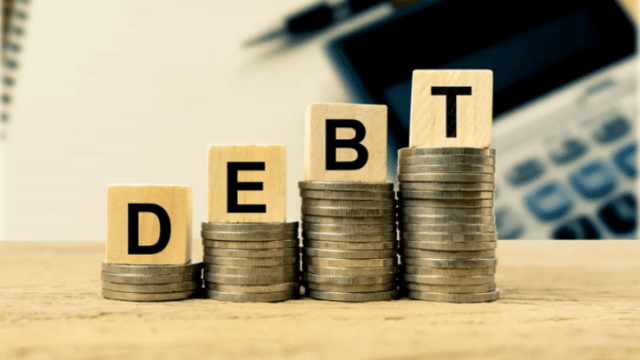In spite of the excessive recurrent spending in the 2024 budget and a considerable infrastructure gap, Nigeria's debt repayment now surpasses both recurrent and capital expenditure.
The country's Foreign Direct Investment (FDI) has hit a record low of under US$1 billion.
The Chief Executive Officer (CEO) of The CFG Advisory, Tilewa Adebajo, revealed this information while discussing 'Nigeria's Fiscal Environment in an Era of Monetary Policy Tightening' at the July 2024 edition of the Finance Correspondents Association of Nigeria (FICAN) bi-monthly forum in Lagos.
Although N8.7 trillion was allocated for capital expenditure in the 2024 budget, only N1.32 trillion will be directed towards infrastructure development.
According to Adebajo, Nigeria's current debt burden of US$130 billion is being covered by 95 per cent of revenues, as debt repayment now exceeds both recurrent and capital expenditure.
The country's public debt stock climbed from N97.34 trillion in December 2023 to N121.67 trillion in March 2024, as reported by the Debt Management Office (DMO).
Adebajo cautioned that Nigeria's debt levels are now clearly unsustainable, especially when considering the US$10 billion from the 2024 budget deficit.
He raised concerns about the possibility of Nigeria heading towards the default direction of Ghana, Zambia, and Ethiopia, and emphasized the need to start discussing the restructuring of both domestic and external debt alongside ongoing economic reforms and revenue generation efforts to avoid Paris and London Club imposition.
He also highlighted that with a significant infrastructure deficit and growth challenges, Nigeria is positioned to become the third largest economy in Africa, trailing behind South Africa and Egypt.




















